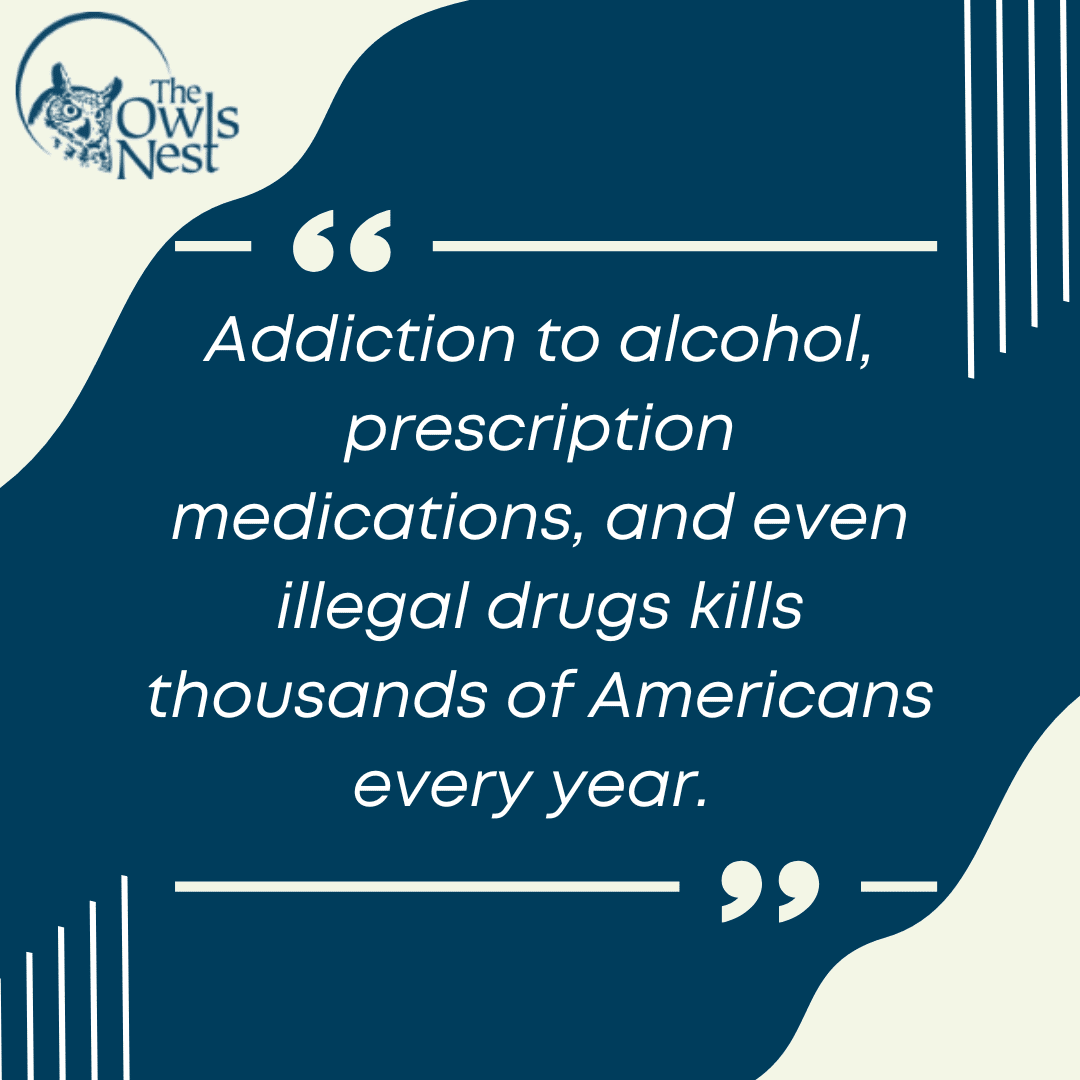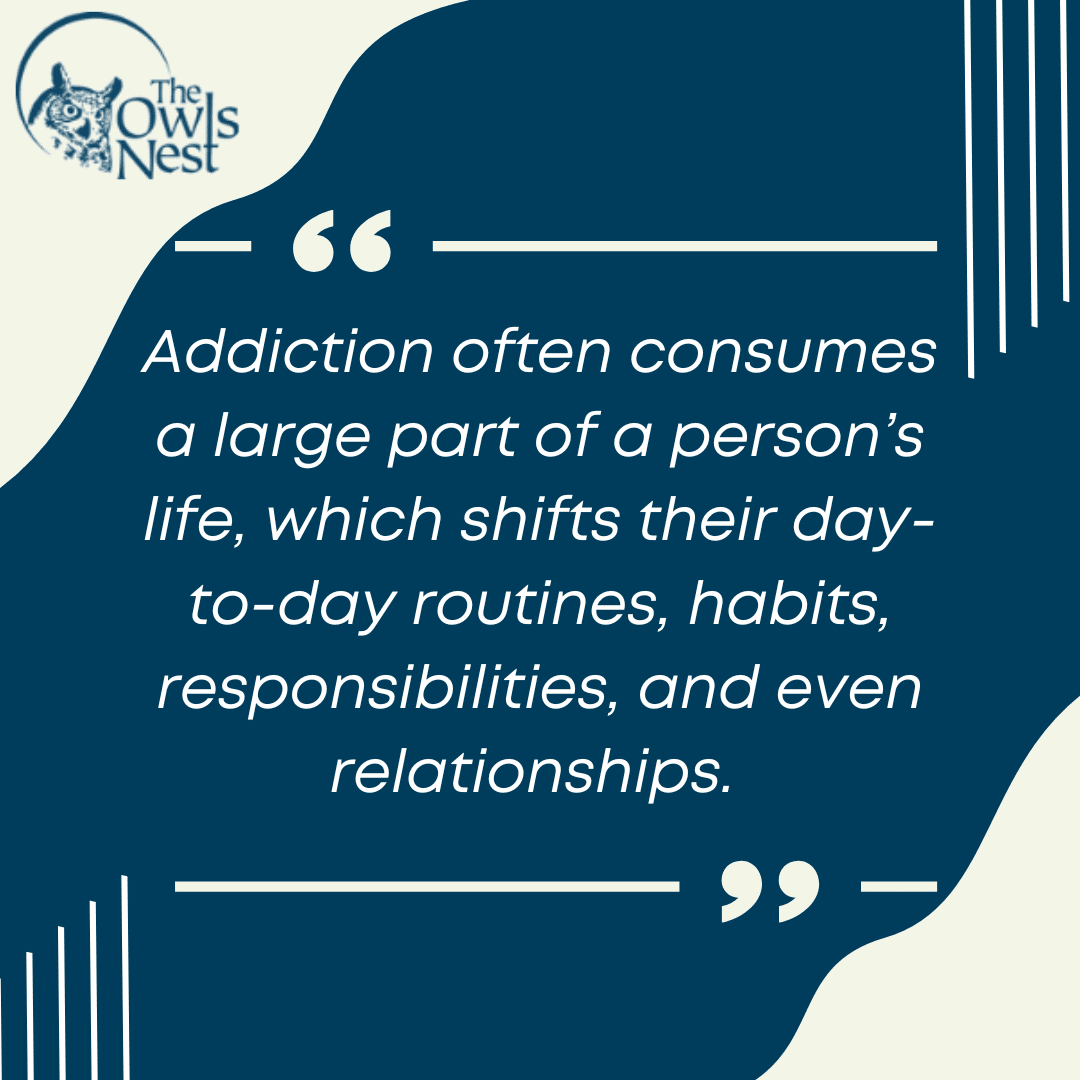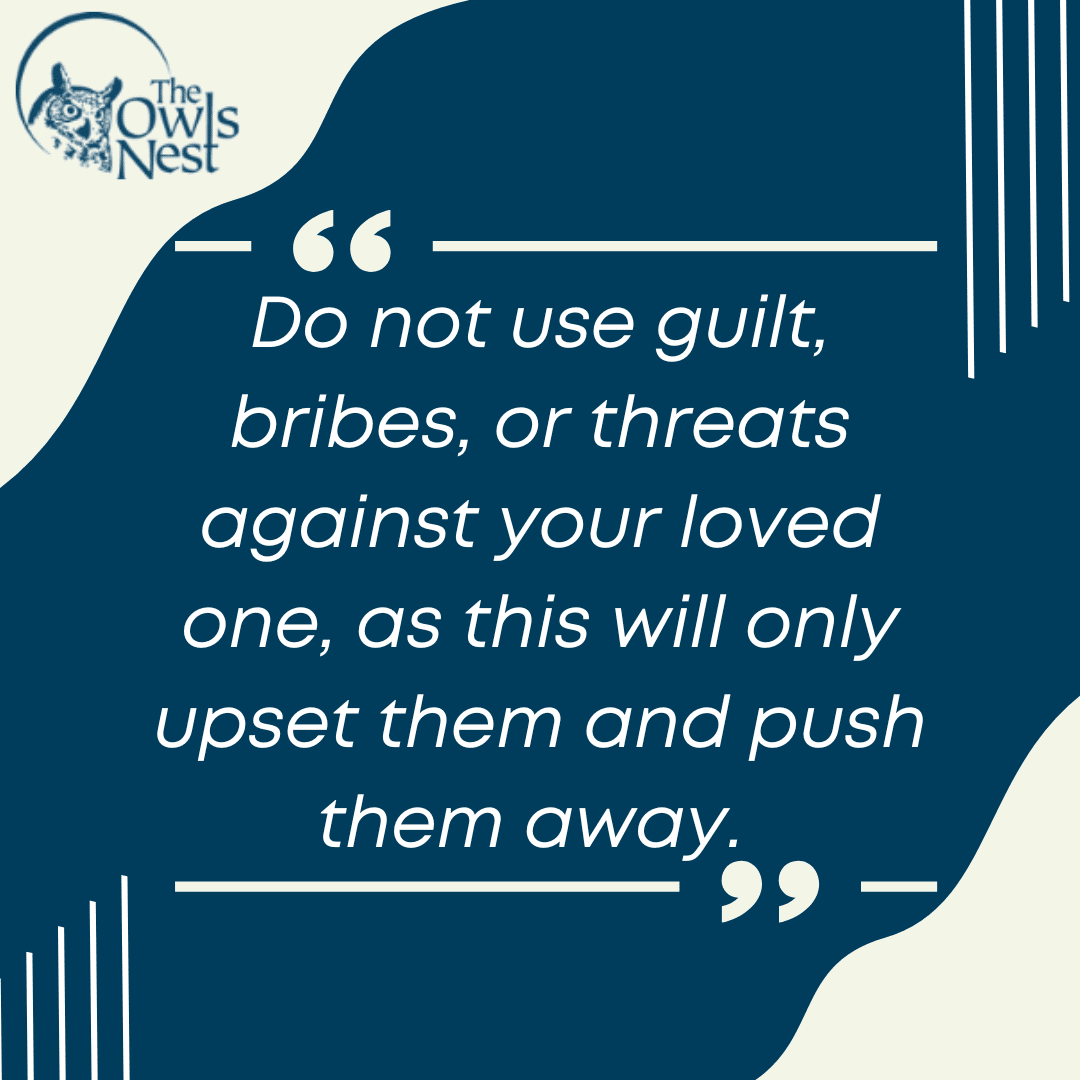Addiction to alcohol, prescription medications, and even illegal drugs kills thousands of Americans every year. It is understandable to be concerned if your loved one has substance problems. Addiction takes over a person’s life when not properly addressed. This often results in people losing control over important aspects of their life to the point where it harms them and the people they love.
Whether a loved one has a history of addiction or is beginning to experiment with substances, recognizing the importance of how to know if your loved one is an addict is important to properly address and prevent worse scenarios.
What Happens During Addiction?
Addiction is a mental health condition characterized by repeatedly engaging in a specific activity, such as the use of alcohol, prescription medication, illicit drugs, gambling, sex, etcetera. Addiction changes the brain, so individuals with addiction will continue their activities and behaviors despite the negative or dangerous consequences. The common mechanism behind these is the reward mechanism.

8 Physical Symptoms Of Addiction
One of the obvious ways to know if your loved one is an addict is through the physical or physiological changes that happen to them. Below are some physical changes to watch out for.
-
Pupils That Are Smaller or Larger Than Normal
Substances often trigger the flight or fight adrenaline response because certain chemicals interact with brain receptors. This affects the muscles around the pupils; thus, the blown-out deer-in-the-headlights pupils or glassy unfocused eyes.
-
Red or Bloodshot Eyes
Substances immediately affect the energy level of a user: high energy for stimulant drugs and lethargy for depressant drugs. Continuous use of these substances means interrupted sleep cycles, which can cause red or bloodshot eyes.
-
Sniffing, Runny Nose, or Frequent Nosebleeds
Some substances affect the inner lining and muscles, such as the nose. This results in constant sniffing, runny nose, and abnormally frequent nosebleeds.
-
Twitches and Tremors
Shaking and trembling can be signs of other illnesses, but they are also signs of addiction, especially to alcohol and amphetamines. Drug-induced trembling also tends to occur in the head, hands, or feet. These involuntary movements can also indicate withdrawal.
-
Incoherent or Slurred Speech
Some substances, especially depressants, slow down the responsiveness of our movements to the point where speaking is difficult.

-
Instability or Lack of Coordination
In connection with the previous point, alcohol and ‘downer’ drugs impair the motor skills or the mind and body connection to make movements. The effects of these substances are uncoordinated movements like trouble walking, inability to speak or swallow, and unfocused eye movements, among others. This state is called ataxia and can be life-threatening if not properly addressed.
-
Sudden Weight Fluctuations
Most substances suppress appetite, while some induce it. Sleep deprivation and problematic eating habits can lead to sudden weight loss or weight gain.
-
Poor Hygiene
People with addiction often stop taking care of important things in their lives like work, studies, relationships, and even themselves. One of the possible symptoms of addiction is the person’s appearance, mainly their cleanliness and sanitation.
8 Psychological Symptoms Of Addiction
-
Mood Swings
Different substances have a wide range of effects on each individual. They affect energy levels, thought processes, and even hormones responsible for emotions. Unusual fluctuations in emotions or general mood can be linked to substance use disorder.
-
Sudden Change In Attitude And Behavior
Addiction often consumes a large part of a person’s life, which shifts their day-to-day routines, habits, responsibilities, and even relationships. One way to know if your loved one is an addict is if they suddenly no longer want to spend time with you, participate in their usual activities, or drop hobbies and interests they love. This can also manifest as fluctuating energy and stress levels, restlessness, and even sudden talkativeness or the opposite. General evasiveness and secretiveness can also be signs of addiction.

-
Paranoia
Substances change the pathways to our brains which can result in hallucinations, delusions, and overall paranoia. This is characterized by assumptions not based on reality, stemming from an attempt to interpret inconsequential events as signs affirming the patient’s conspiracies. If not treated immediately, this can develop into another mental illness like a personality disorder or schizophrenia.
-
Anxiety
In connection to the previous points, addiction can also result in anxiety symptoms like unexplained fear, panic attacks, feeling on edge, or frequently in flight or fight mode. Other symptoms can include dizziness, sweating, dry mouth, muscle aches, headaches, and sudden emotional outbursts.
-
New Social Circle
Another way to know if your loved one is an addict is the abrupt change in their social circles and routines. Unexplained withdrawal from usual social routines, such as sudden changes or problems in friendships, social activities, and favorite hangouts, can point to substance abuse. Failing to meet social and personal obligations like work or school responsibilities can also be a manifestation of addiction.
-
Risky Behavior
Substance use has been linked to risk-taking behaviors such as violent and criminal acts like stealing to support addiction, high-risk sexual behavior, self-injurious behavior, and fatal injuries like motor vehicle accidents.

-
Memory Loss
Blackouts from heavy use of substances often result in loss of memory. This gets worse the more blackouts a person experiences. Long-term memory loss can also develop as well as other negative impacts on cognitive functioning the longer the person uses a substance, especially in increasing amounts.
-
Other Mental Health Disorders
Often, substance use disorder occurs alongside other mental illnesses like generalized anxiety disorder and depression. These are called co-occurring disorders. More often than not, these disorders feed off each other, further aggravating the overall case of the patient. Unique co-occurring treatments are needed to properly address these cases.
5 Ways To Help Your Addicted Loved One
It can get overwhelming if you notice these changes in the person you love. However, it is important to remember that help is available and addiction can be treated and addressed to achieve recovery. If a loved one wishes to seek treatment, below are some ways to help.
- Learn about their addiction and the treatment process for recovery.
- Show support by asking about treatments, therapy and counseling sessions, medications, and other supportive services.
- Remind your loved one that their recovery process is a journey that will take time, patience, and energy.
- Celebrate the big and small milestones to boost their confidence and self-esteem.
- Remind them to pause and rest. This also applies to you as a caretaker. This avoids burnout and other complications that can aggravate your situation.
If your friend or family member is not yet on treatment, remember that they may not be aware, or they may not acknowledge the problem right away. If you are both in a good headspace, let them know that you’ve noticed warning signs of substance addiction in their physical appearance or behavior and that you want to support them in their recovery process.

Do not use guilt, bribes, or threats against your loved one, as this will only upset them and push them away. Communicate to them your concerns and reassure them that you are there to support them. Also, note that they may not take this conversation seriously or positively. It may take some time for them to come around.
Get The Best Addiction Treatment Help in Florence, South Carolina
Addiction is a complex issue that affects close ties like friends and families. Knowing someone close to you is struggling with substance abuse can make you feel worried, frustrated, and alone. Thus, getting the right help for your loved one will ease these anxieties and put you in a better headspace for supporting your loved one’s recovery.
Here at The Owl’s Nest, we offer evidence-based practices and a dynamic approach to recovery from substance use disorder and other mental health problems to make the journey to recovery lighter and more pleasant.
Complete recovery from addiction begins with your first step. Contact us at (843) 755-6354 or fill out our appointment form. You can also reach us via email at intake@owlsnestrecovery.com.
Help is available here at The Owl’s Nest.

Comments